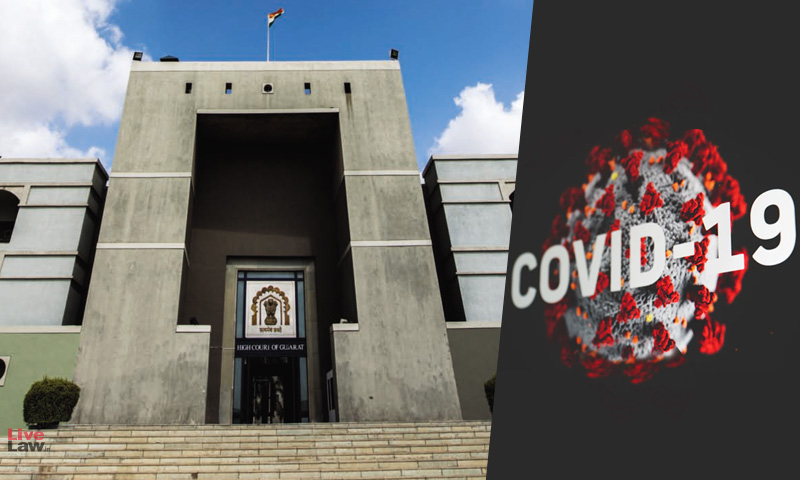COVID19 : Gujarat High Court Directs State To Submit District Wise Split Up Of Testing Facilities, Respond To Concerns That Patients In Private Vehicles Are Denied Admission In Hospitals
Lydia Suzanne Thomas
20 April 2021 9:42 PM IST

Next Story
20 April 2021 9:42 PM IST
